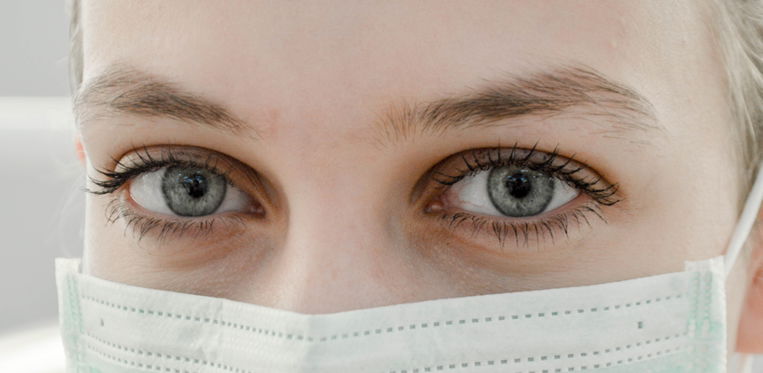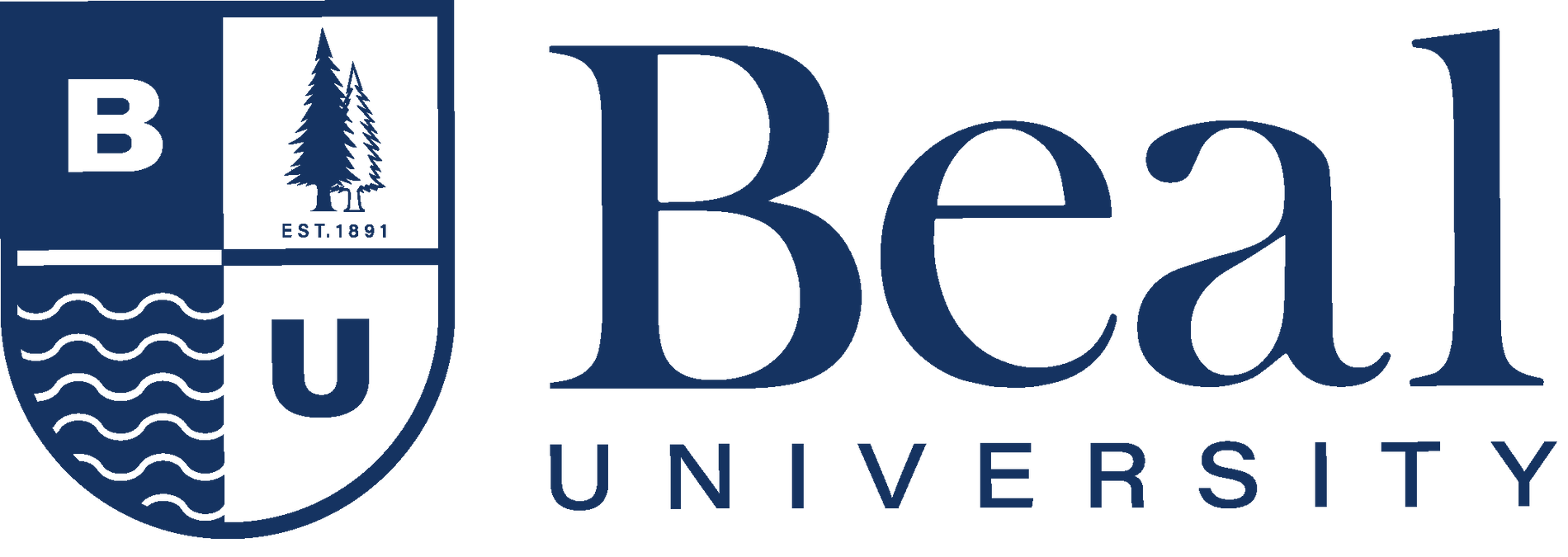By Ilana Kowarski | US News

A health science major learns health care, health promotion, disease prevention and improving the lives of their patients
For someone fascinated by science and interested in pursuing a career in the health care sector, a degree in health science may be an attractive option.
What Is Health Science?
Health science differs from basic sciences such as biology, physics and chemistry because those disciplines often explore topics unrelated to health. Although this type of science concentrates specifically on health problems and health outcomes, it is a broad interdisciplinary field that encompasses both natural science and behavioral science.
Health science programs combine laboratory science classes with courses that are essential for understanding population health, reasons individuals make unhealthy choices and factors outside a person’s control that influence his or her health.
Programs in this discipline usually require coursework in health-related social science fields such as epidemiology, sociology and psychology, according to health science faculty. Health science degrees also typically include coursework in nutrition and exercise science, and they frequently call for many public health classes, health science professors explain.
Plus, programs in this discipline sometimes allow students to study health policy or the business of health care. Health science courses may also cover specific health concerns such as communicable diseases, professors say.
Gary Liguori, dean of the University of Rhode Island’s College of Health Sciences, says the study of health science is usually far broader than the technical training required to become a particular type of health care provider. Programs ordinarily include an abundance of coursework on preventative health that complements material about disease treatment, Liguori says.
According to experts, a key benefit of pursuing a health science degree as opposed to another type of health-related degree is that it exposes someone to multiple aspects of health care, which can help them decide which type of health career to pursue.
Health Science Careers
According to health science scholars, a degree in health science could be applicable to a variety of health professions, so many in fact that there are too many jobs to include in a brief list. It should be noted that some of the occupations – such as medicine, physical therapy and occupational therapy – require clinical training and graduate education beyond what a health science bachelor’s degree can provide, and many jobs in the field require certification.” Often health science graduates are known as ‘technologists’ in the professional world, though each has a more formal title in their specific discipline,” Karen Dielmann, dean of health sciences, sciences and humanities with the Pennsylvania College of Health Sciences, wrote in an email.
According to PayScale, the average salary for a U.S. worker with a bachelor’s degree in health science is $63,000.
How the Health Science Field Is Evolving
Stefan Czerwinski, director of the division of health sciences at Ohio State University’s School of Health and Rehabilitation Sciences, notes that health science is a relatively new academic discipline that emerged in the early 21st century and has increased in popularity since then. Many health science programs that exist today weren’t around 15 years ago, Czerwinski says.
“They’re starting to pop up around the country, but it’s not something that is long established in many universities,” he says. “So I think one of the issues is just getting the word out about these programs and that they’re strong preparation for the graduate study and careers in health.”
Bachelor’s degrees in health science are more common than graduate credentials in the field, since health grad degrees tend to focus on a particular aspect of health such as occupational therapy rather than an interdisciplinary approach, experts say. However, there are some broadly-focused health science master’s and doctorate programs.
“It tends to be more of a general degree which our students kind of design on their own based on their interests,” Czerwinski says of OSU’s health sciences M.S. and Ph.D. degrees.
Meanwhile, some leaders of health science schools say that their programs tend to concentrate on a particular aspect of health science.
Rivka Molinsky, associate dean of students and innovation with Touro College’s School of Health Sciences in New York, notes that Touro’s health science school offers a wide range of grad degrees that focus on specific clinical professions such as mental health counseling and physician assistancy.
Who Should Get a Health Science Degree?
Experts say health science degrees are especially suitable for individuals with eclectic academic interests. Dr. Kenneth A. Geller, a physician and director of the office of pre-health advisement at University of Southern California’s Dornsife College of Letters, Arts and Sciences, says an undergraduate health science program is most appropriate for college students who enjoy technical fields like math and social sciences like anthropology.
“More important, however, is that the individual must have a genuine heartfelt desire to use this knowledge for the betterment of the lives of the community in which they will practice: be it local, national, international or global,” Geller, an associate professor at USC’s Keck School of Medicine, wrote in an email.
Experts explain that because the discipline of health science focuses on the application of scientific knowledge to real-life problems, it requires a practical, hands-on approach. Geller characterizes training in this field as extremely useful. “Unfortunately, there will always be health care issues that confront us so there will always be a need for health care workers and people with health science backgrounds in all segments of society.”
Alumni of health science programs say the programs provide a solid foundation for a career as a clinician. Adeeb Khalfe, a Houston-based sports physical therapist who earned a bachelor’s degree in health science prior to obtaining his doctorate in physical therapy, says undergrad programs in health science provide excellent preparation for graduate-level health care professional schools.
“It is a great way to earn all your prerequisites for medical school, dental school, and physical therapy school,” Khalfe wrote in an email.
Liguori of the University of Rhode Island encourages prospective health science students to ask themselves if they have a desire to work in a service profession, since that sort of humanitarian motivation is essential for a career as a health professional. He adds that prospective health science students should also consider whether they enjoy solving problems, working on teams and analyzing data, since these skills are typically needed in the health care sector.
Is a Rewarding Career in Healthcare Science Right for You? Get More Info…
If you’re interested in learning more about a career in Healthcare Science, fill out the form on this page to receive more information. A friendly Beal University Career Advisor can answer career questions, guide you to our virtual tour, and get you helpful financial aid information. Get the answers you need to discover the perfect career path for you.
For immediate questions, call 207-307-3900
